|
All so-called ‘market economies’ around the world are regulated by their governments to a greater or lesser extent. This blog looks at the changing shape of economic regulation from sector regulation to the ‘ecosystem’.
0 Comments
We now live in an increasingly dangerous world. This blog looks at why International and national declarations of rights are not living up to their original promise of providing a principled basis for peace. Is it simply that governments don’t walk the walk. And/or is there something lacking in the talk itself?
This blog looks at tolerance as a virtue in political discourse. It considers why it is often overlooked and why it does not seem to gain traction in contemporary discussion of the troublingly fragile state of democratic societies or in the EU.
Ordinary everyday democratic politics fails when people withdraw their consent to the way they are governed or no longer acquiesce to the system of law making. Consent involves active approval, acquiescence passive approval. This blog looks at the role of acquiescence and consent, why they might be being withdrawn and what to do about it.
This blog explores as a ‘thought experiment’ what a ‘one state’ combination of what is now Israel, the Gaza strip and the West Bank might comprise in terms of constitutional components.
For some critics of the environmental movement, too many environmentalists behave as though they were adherents of a religious belief system. For the critics too many supporters of the environmental cause are intolerant of those who do not share their own views (Stop oil) and who do not agree with their prescriptions of how people should change their behaviour (there is no alternative). We see the same behaviour among religious fundamentalists who similarly believe that there is only one truth and only one way to live. Self-righteousness accompanies this fundamentalism and intolerance. Those who deny the religious truth are condemned to a fiery hell in the next world; those who deny the environmentalist call to change their behaviour will find themselves in hell on earth.
Confidence in democratic governments is not high. One possible explanation lies in the perceived growth of what is called ‘identity politics’. This blog looks at the possible connection in the light of the many different dimensions of identity.
‘De-Risking’ and ‘Decoupling’ have become the terms of choice for expressing relationships with China. ‘De-Risking’ is preferred by some, including in the EU, since it appears not to foreclose policy options or to assume that ‘decoupling’ is inevitable. This blog looks at what lies behind the use of these terms.
Over the last decade there have been multiple warnings that democracy is in danger. This blog looks at the warnings
|
Archives
April 2024
|

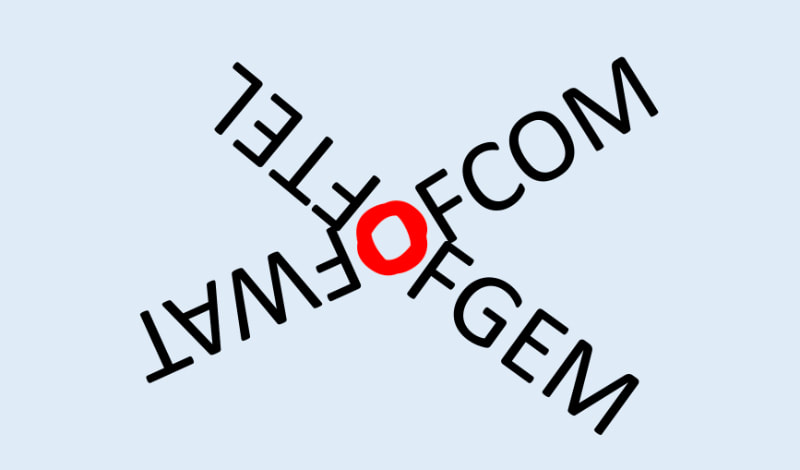
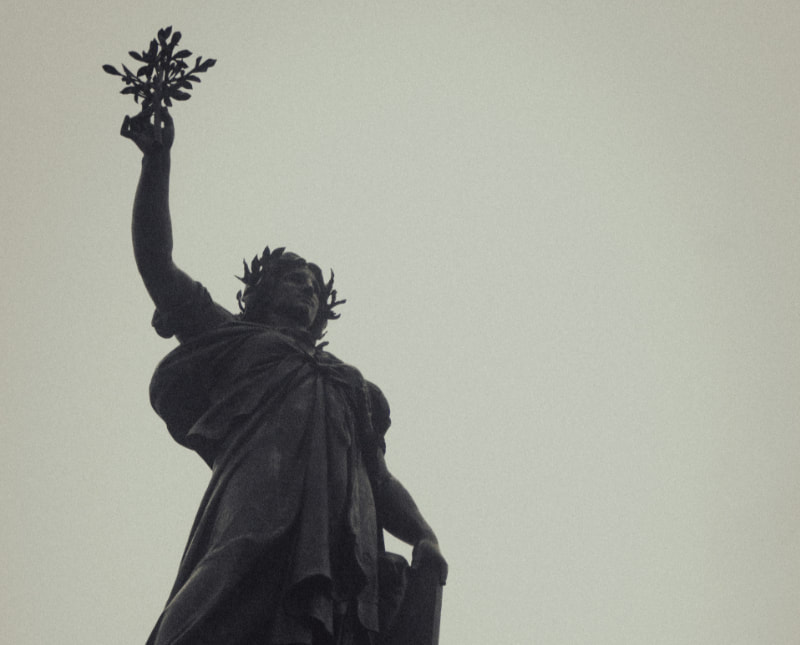
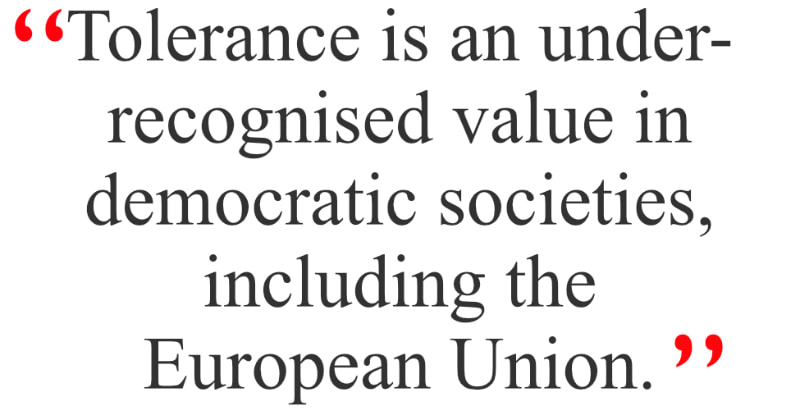
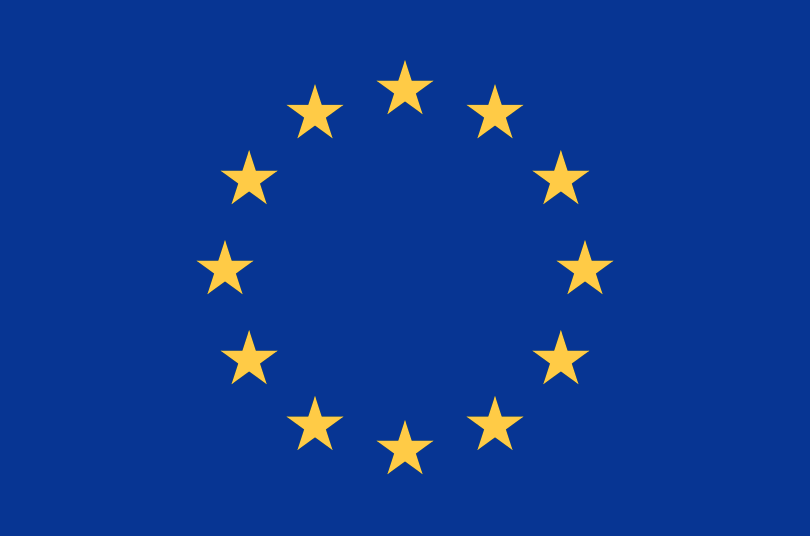



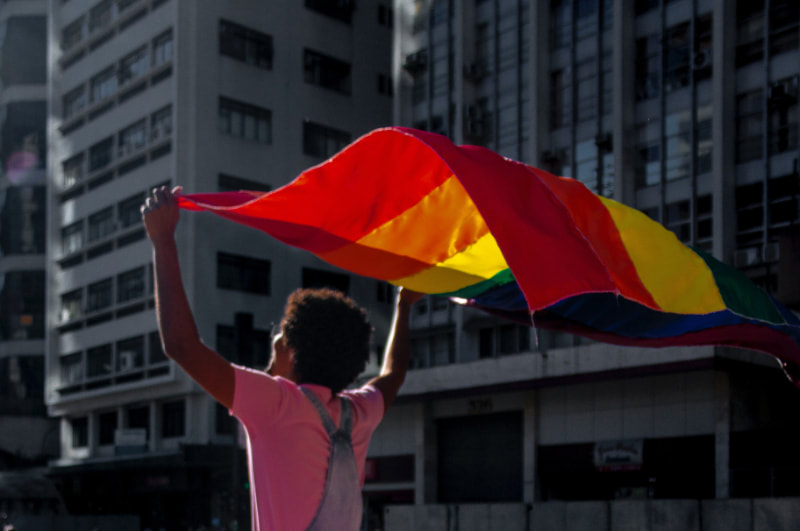
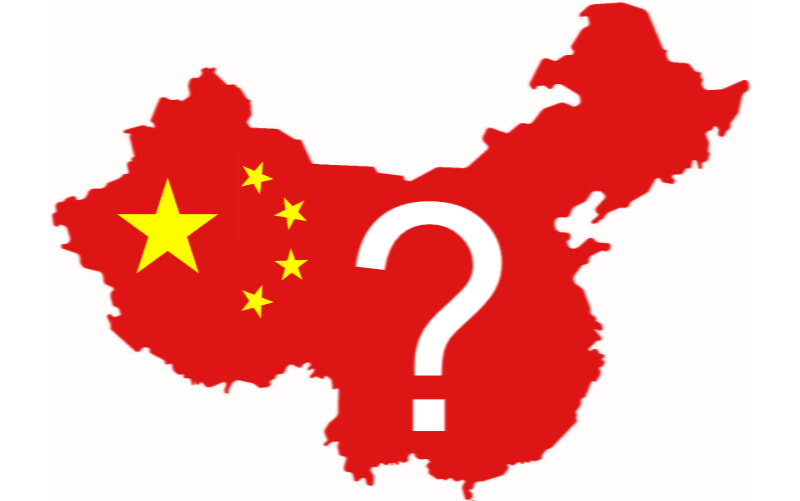
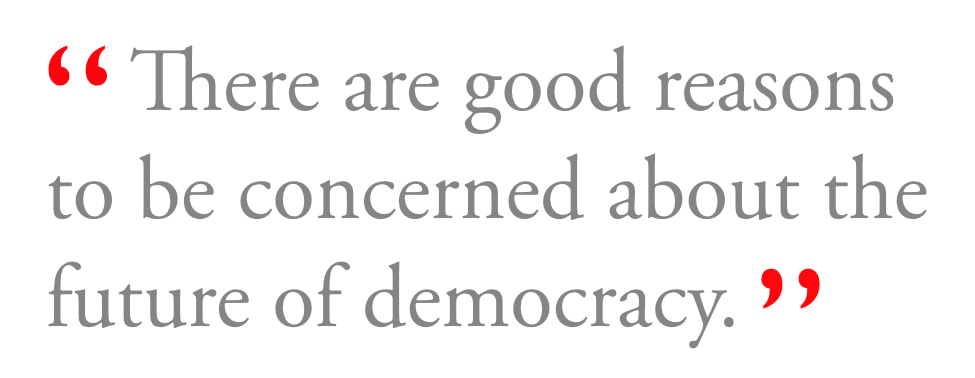
 RSS Feed
RSS Feed